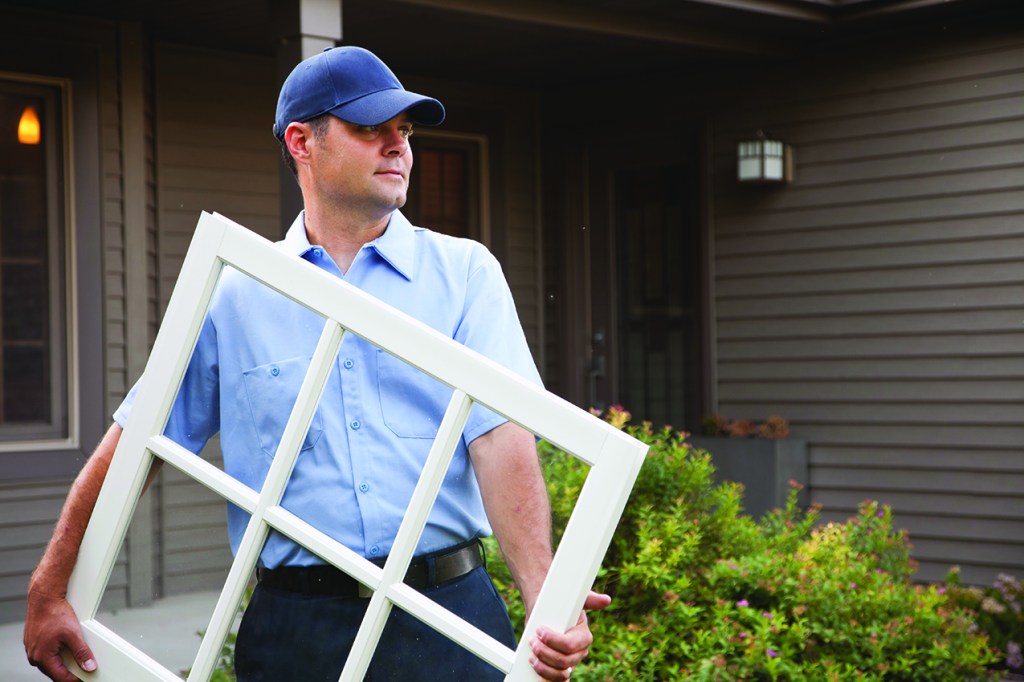Wilbur Ross, Donald Trump, Palm Beach and the Hamptons

Guides, touring visitors by boat on the Intracoastal Waterway off Palm Beach, point out Mar-a-Lago, the waterfront home of Donald Trump. They also, among others, point out the waterfront home of billionaire Wilbur Ross, who during Trump’s time in office served as his secretary of commerce. In 2022, Wilbur Ross’ birthday celebration was the talk of Palm Beach society.
I knew both these men before they went into politics. I interviewed Trump in New York a few times and he wrote a nice blurb about me on the back cover of one of my books about the Hamptons.
Although I never became friendly with Trump, I did befriend Ross. He was, in the 1990s, the managing director and bankruptcy restructuring specialist at Rothschild & Co., the big French investment firm. He dealt with distressed properties, working out arrangements to either avoid or enter bankruptcy, often representing the stockholders against the owners. He was a legend in New York in this field. When the Taj Mahal in Atlantic City spun toward bankruptcy during its construction, he negotiated with Trump so the shareholders could get a bigger piece of it.
Ross also gave lectures in college classrooms to young men new to distressed properties. I went to several. And once, in his office, I waited for him while he, walking back and forth, rolled out a new public offering for the Greyhound Lines by telephone.
Another time, having lunch at the Southampton Bath & Tennis Club in Southampton with him — he was chairman of the club at this time — a member came over to say hello, but also to talk to Wilbur about a very serious problem. Denise Rich, a wealthy Southamptonite who was not a member of the club, was in contract to buy the property from its longtime owner, Southampton developer George Semerjian. Her intent was to convert the club into her private home. The club would have to move out.
“What are we to do?” the man asked.
“It’s indeed a problem,” Ross said. “I’m looking into it.”
“Could this happen?” I asked Ross.
“It could.”
We ate much of the rest of our meal in silence.
This situation had come about because Semerjian, this dapper older Southampton developer who owned the club, had reportedly gotten into deep trouble with his personal finances. To make ends meet, he had taken a second mortgage on the club. But now he was unable to make payments on the mortgage.
Semerjian had also become distraught at the untimely death of his beloved wife Madelle. He was probably having the worst year of his life.
Rich was a songwriter, but also the wife of financier Marc Rich who was indicted for some sort of graft or fraud and, as a result, had fled to Switzerland where he was beyond the clutches of the American authorities.
Denise had divorced Rich after a fashion. And now she was making Semerjian an offer he could not refuse. She’d bail him out of trouble. And give him half a million extra to keep him afloat.
Oddly, the membership of the club was angry at Semerjian. I think it was because he had re-mortgaged the club to cover his losses elsewhere. Why put a private club in jeopardy like that?
I wrote about this in Dan’s Papers. Soon thereafter, I learned that a lawyer named Aaron Richard Golub was representing Denise Rich. So I called him. Usually lawyers are very happy to talk to the media.
When I got him on the phone, however, that was not the case. He told me this was none of my business, then hung up on me.
In the end, Ross met with Golub and Rich. Then he had a big meeting with the board of directors. Then he had a few more meetings. Golub, who it now turned out was an equal partner with Rich in this business, was holding out. And now they were saying there was no amount of money that would make Ms. Rich give the place up. She loved the building. She loved the swimming pool and tennis courts. Soon, continuing with my occasional lunches with Ross, people began to talk darky about Rich and her henchman. And then her purchase went through.
Weeks later, quite suddenly, there was a deal. She would part with her new home. And she would walk away, just by pushing papers around, with several million in profit. The money would have to be coughed up by the membership, which meant that the dues would go up tenfold and there would be a one-time assessment of about $50,000 per member.
Notably, before that time, membership, mostly from those who could not get into the more exclusive clubs, was inexpensive. Now it was quite expensive. And some members left because of that.
“She flipped it,” Ross told me softly at a lunch when this was all over. “Maybe she intended to do it in the first place,” he said. “Probably she did.”
Until that moment, I had thought a flip was something you did in a gym.
After learning about flips, I began to see them everywhere. When in the private sector, I concluded that was just the way the sharks of Wall Street ran. When in the public sector, however, I thought it was awful. One year, three men bought the Poxabogue Golf Center cheap and after threatening to close it, ran off with millions of dollars by selling it to the town. Another year, the property where Southampton Village intends to recreate the home of the former slave Pyrrhus Concer as a museum got flipped.
And in Palm Beach, Trump often tells how he bought Mar-a-Lago cheap as a distressed property for about $10 million, and now, here it was, worth $1 billion, he says. Is a flip on his horizon?
Meanwhile, back at the club, members were smiling and shaking hands with Rich. Great work, they told her. In the deal she had a life membership. Wish they’d done that.
After that, Ross left Rothschild & Co. and formed his own firm, W.L. Ross & Co. Soon he owned steel companies, textiles companies, auto companies, airlines and coal mines.
Today, Wilbur and his wife Hillary Geary Ross own homes in Southampton and Palm Beach. And they are active in philanthropy in both places. A happy retirement.
HELP PRESERVE DAN’S PAPERS 1960–2023
Stony Brook University intends to digitize the complete set of Dan’s Papers back issues (1960-2023) preserved in the Dan Rattiner Special Collection at their climate-controlled Whitman Library. $125,000 is needed. Currently $72,300 has been raised. Every dollar helps. Contribute? Write a tax-deductible check to “Stony Brook Foundation” marked “for Dan’s Papers archive” and mail to Stony Brook Foundation, 230 Administration, Stony Brook University, Stony Brook, NY 11794-1188 or visit sbugiving.com/danspapers.









